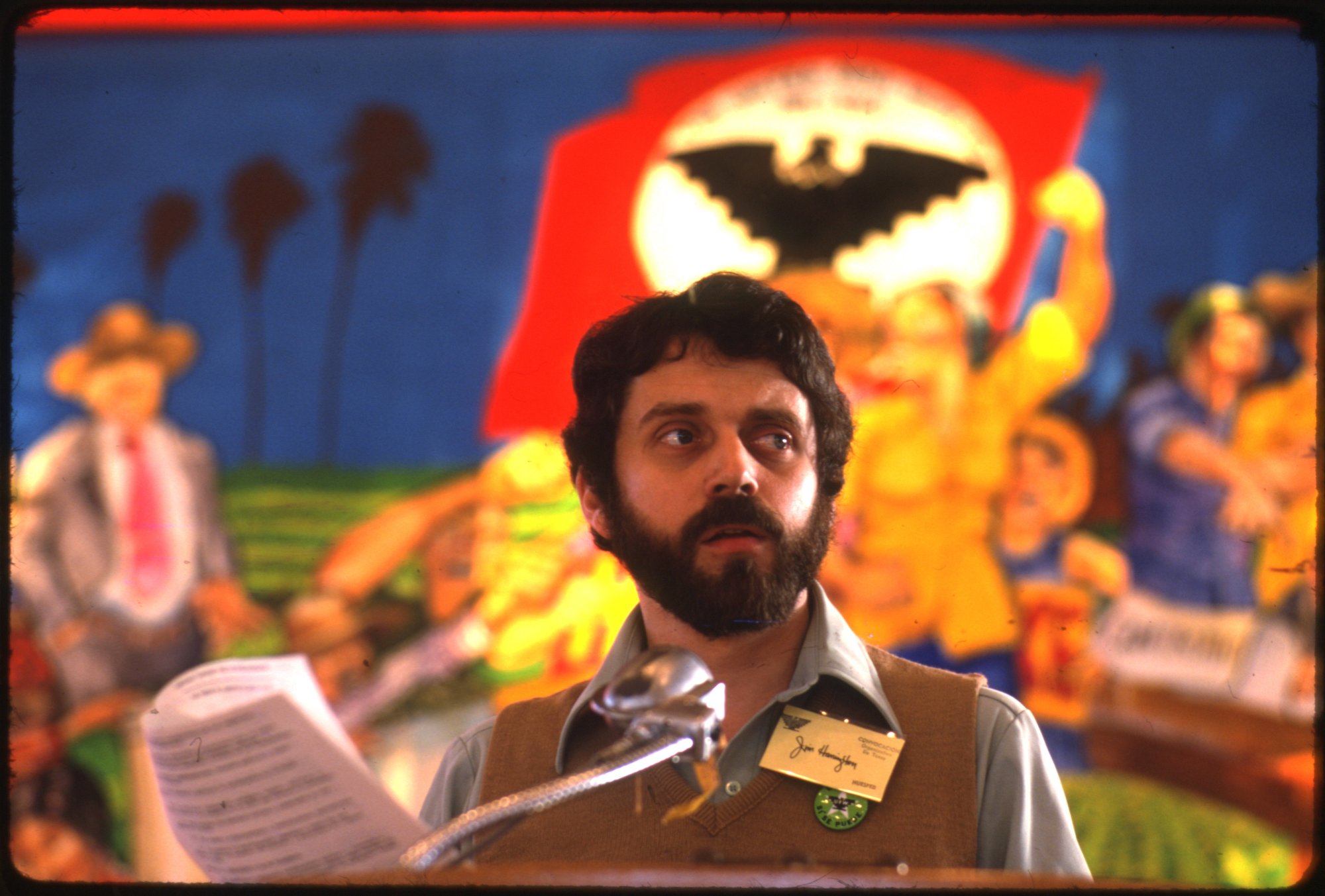Rick Perry for President?
You know it’s presidential election season when talk shows, political blogs, and pundits are well into the winnowing process for potential candidates.
With the nation’s economy stuck, public pessimism and oil prices growing, and President Obama looking potentially vulnerable, the irony all spring has been that no GOP aspirant looks very formidable. It’s a deviation for the party that always seems to nominate a perceived frontrunner. Indeed, according to former Bush media maker Mark McKinnon, “the Republican field looks conventional and flawed.” Is Mitt Romney, the man for and against his own health care reform bill, really the man? Or is the Rick Perry buzz real, particularly in the wake of the mass resignations from Newt Gingrich’s campaign, freeing the Texas governor’s inner circle of consultants?
To understand Perry’s potential appeal to the GOP base, let’s step back several years. On January 20th, 2009, while the rest of the country was tuned to the inauguration of Barack Obama as the 44th President of the United States, 25,000 people were waiting on a chilly afternoon in Midland, Texas, to welcome the departing President George W. Bush back home. It felt like an alternative political universe. The massed crowd, holding thousands of red, white and blue cardboard W’s, heard the now former president deliver a short, gracious speech about how good it felt to be back home. The crowd’s affection for the president was genuine. But that was hardly the most exciting part of the day. Instead, it was Gov. Rick Perry’s speech that really got the crowd going. Obama had been in the White House only a few hours, but already, Perry had declared war—on state socialism, government mandates and coddling America’s enemies.
It’s a banner Perry’s continued to wave for the last three years. He was in front of the Tea Party anger that led to last November’s GOP tidal wave in Texas. Already the longest serving chief executive in Texas history, he destroyed three strong opponents in his overwhelming reelection win in 2010, immediately went on a successful national tour for his book Fed Up, and then was appointed head of the Republican Governors’ Association for a second stint.
It’s been clear for most of 2011 that there was a potential opening in the Republican field for a charismatic, conservative candidate. The political pundit silly season was in full swing as the media made out its Christmas list of “likely” candidates for the presidential nomination of the party out of power. At the beginning of the year, the list was long and full of people that most knew didn’t stand the slightest chance of ending up in the White House without an invitation to a state dinner. (Haley Barbour, the lobbyist-in-chief who’s wistful for old white citizen’s councils? Mitch Daniels, a governor who’s got negative charisma?)
That left us with the 2012 GOP competition’s big leagues, Mitt Romney, Sarah Palin, and Tim Pawlenty.
Romney has a political operation built out of his national campaign two years ago, and $8 million-plus in the bank, personal wealth and a long list of political IOU’s. He also won fewer delegates than Huckabee in 2008, passed a Massachusetts health plan that resembles Obamacare, is still a Mormon (a big negative to many evangelical Christians), and is not exactly a Tea Party favorite.
Palin has high negatives and is buried in any current match up with President Obama. But who needs an organization when you’re the star of a reality TV series and the only potential candidate who can get tens of thousands of people out in seemingly a snap of your fingers. The question is if she’s a candidate or a celebrity.
Pawlenty? He doesn’t offend anyone, even if he doesn’t excite anyone. A safe choice if Romney implodes.
Matt Bai, in a piece in The New York Times, has talked about how the Republicans are about to have their first real fight, without an anointed next-in-line choice, for their presidential nominee in more than three decades. In such a flawed field, why not Rick Perry?
Former Bush political strategist Matthew Dowd, an authority on electing Texans to the White House, is bullish on Perry’s potential. To Dowd’s thinking, the governor is well placed to be the vessel for the anger of Republicans with his “tremendous ability to communicate anti-Washington sentiment,” because he’s “able to speak passionately to this anti-establishment fervor and has the credibility as an elected official.” It’s a talent Perry displayed in 2010, humiliating Sen. Kay Bailey Hutchison in the Republican primary and crushing the first credible Democratic gubernatorial candidate in over a decade, Bill White, the popular former mayor of Houston, in November.
Perry’s 10 years in office look like the perfect success story to Republicans. Ten years of balanced budgets. Ten years of staying true to his conservative viewpoints. A state that’s weathered the recession relatively well, with a population that’s booming (witness four new congressional seats in the coming reapportionment). And an ability to read the anger of the Tea Party wing of the party before the flames got lit.
How did a man derided by liberals like the late Molly Ivins as “Gov. Goodhair” and reelected in 2006 with only 39% of the vote in a multi-candidate field, manage this? As Paul Burka, the Texas Monthly pundit, puts it, Perry has “an uncanny knack for being in the right place at the right time.” Elected state representative as a Democrat (and later state chair for Al Gore’s 1988 presidential campaign!), he switched parties early, took on an overconfident Jim Hightower for state agriculture commissioner and beat him (with Karl Rove’s help). Aligning himself with the conservative wing of the party that was always uneasy with then-Gov. Bush’s “compassionate conservatism,” Perry squeaked out a win for lieutenant governor in 1998, succeeded Bush two years later, and claimed the ideological right for his own. When the Tea Party pushed the party further right in 2009, he was waiting for them. Even when the national press derided Perry for hinting that secession might not be out of the question, this supposed gaffe became, in Burka’s view, a “call to arms,” that put him on the national conservative stage.
Perry has faced a serious challenge at home, starting with an almost $27 billion deficit to solve this year. But whatever this special session ends up producing, the budget will be balanced (at least until early 2013), no matter the pain it may cause and taxes will not be raised. Along with a list of ideological activist social legislation, it’s the kind of platform someone could run on if the primary voters were overwhelmingly conservative and really angry at the Obama administration. Just like the Republican primary electorate awaiting in 2012.
So what does one call the governor of the biggest red state, someone who loves to go on the attack, a gifted campaigner with charisma to spare, and an almost unlimited ability to tap millions of Texas campaign dollars? Some might call them a likely vice presidential running mate for more moderate sounding guys like Romney and Pawlenty. Others might call him a serious presidential contender.
Paul Stekler makes documentary films about American politics and teaches at the University of Texas at Austin.


